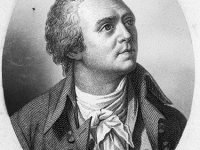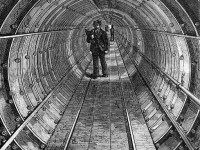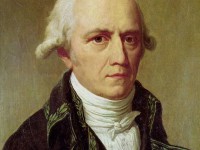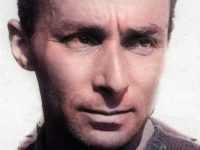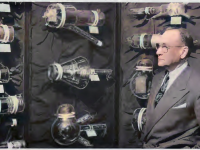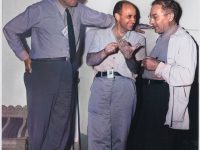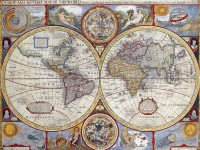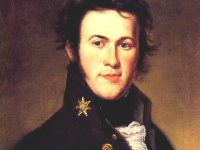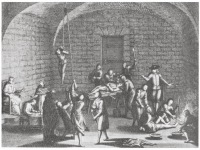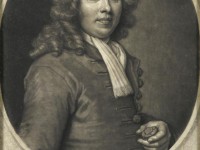Horace-Bénédict de Saussure and the Mount Blanc
On August 3, 1787, Swiss physicist and Alpine traveller Horace-Bénédict de Saussure made the third ascent of the Mount Blanc and determined via scientific measurement Mont Blanc to be the highest mountain in Europe. Horace-Benédict de Saussure – Growing Up in the Alps Horace Bénédicte de Saussure was born on February 17, 1740 near Geneva, Switzerland. Saussure received encouragement from his father, Nicolas de Saussure, his uncle Charles Bonnet, the naturalist and poet Albrecht von Haller and…
Read more

